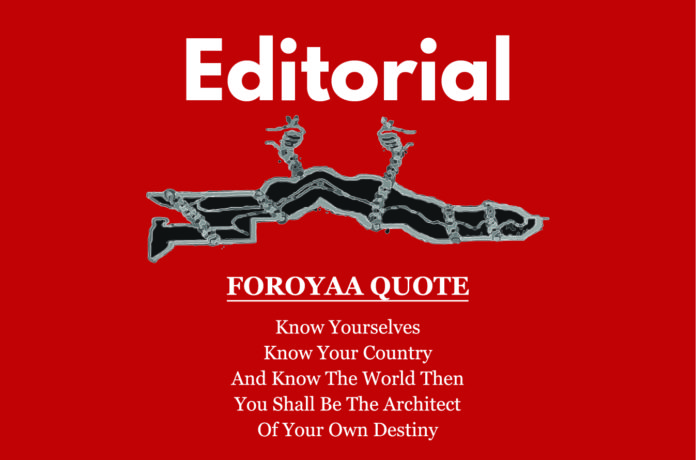Political parties are formed by the free association of the citizens of a country. When it comes to voting, only the voter matters. The law is not interested in the gender, religious affiliation, political affiliation or ethno linguistic origin of the person. Only the person with a voter’s card is required to be present to cast his or her vote without any interference from any other person.
This is why the law is clear that the person should not come with a party identity of any sort when coming to cast his or her vote. The person with a voter’s card would queue, present his or her voter’s card to the presiding officer; they would look at the register of voters to identify the person and give him or her a ballot token to enter into a secret compartment to cast his or her vote and then leave the special area to retire to an environment away from the station.
In this way only those who are on election duty and those who are yet to cast their votes and the candidate and his/her polling/ counting agents are required to be at the polling station.
At the end of polling the presiding officers are required to count all the ballot tokens left and then break the seal in front of all the polling agents/counting agents, and count the ballot tokens. The polling/counting agents have power to recount until all are satisfied with the result which is then entered in a form to be attested to by all the polling/counting agents and this form is posted outside at all polling stations for general information.
Those interested in the final outcome of the results in all the polling stations will be able to count the figures posted in each polling station to know the outcome before the announcement by the IEC.
Political parties should assist the IEC to tell their supporters how the voting process takes place and how results are acquired and announced. Political leaders who want credibility should be teachers of their supporters and should never mislead them to believe what is not the truth. One thing that must be admitted is that patronage is the biggest setback of the political system in The Gambia. It is the greatest enemy of representation by informed choice.



















